Then Merlin Ward asked me to head on over to the Twisted50 site and read his chilling tale, “The House On Axe Edge Moor”. It had all the elements of a good haunting: a remote location, a lonely child, a cruel institution. That was it: I was hooked – at least from a reading perspective.
The variety and imagination I have found in the stories is impressive by any standard. They more than live up to the brief to be twisted. As with the Impact50 project, the value of the feedback process is evident. There is a wonderful community vibe. Stories improve markedly between one draft and the next.
Finally I took the plunge myself and had fun experimenting with a couple of stories of my own. The first, “Guess Who’s Coming To Dinner”, is really a children’s ghost story, not nearly twisted enough for Twisted50, if truth be told. The second, “Victim”, is more aligned to what the competition organisers were looking for and has been selected as a bonus track on the recorded version of Twisted50’s Evil Little Sister.
At first it was odd, switching from screenwriting to prose. Screenwriting is a very economical form of writing, focusing on what’s seen and heard, with very little room for description. Prose is a much freer form of expression and may include more lavish detailing of the setting and a character’s interior life, even if there's a word-count limit to respect.
I’m really glad I participated. Experimenting with a new writing form has helped me to become more versatile and skilled as a writer. In both forms it’s important to craft the reader’s emotional experience, rely on subtext, choose your words carefully and avoid overwriting. As an exercise, I rewrote one of my Twisted50 stories as a screenplay, and I found that, although the finished product was very different, it was one of the fastest screenplays I have ever written because the character-work was done and the story beats were in place. So writing in one form has reinforced my ability in the other form.
Having one of my stories chosen as a bonus track for Twisted50’s Little Sister Audiobook is the proverbial icing on the cake – a suitably twisted cake of course; Miss Haversham-style, with rats poking out of it. The recordings are very high quality. The actors do a terrific job reading the stories and the use of music increases the sense of foreboding.
Listen to an excerpt here.
The Create50 team is still accepting entries for the next volume of Twisted50. So why not have a go? Whether you are predominantly a prose writer or a screenwriter, it will help your writing and you never know what it may lead to. Merlin Ward is just now putting the finishing touches to a full-length novel version of his story, “The House On Axe Edge Moor”. There’s no reason why you couldn’t tap into a new vein of inspiration too.

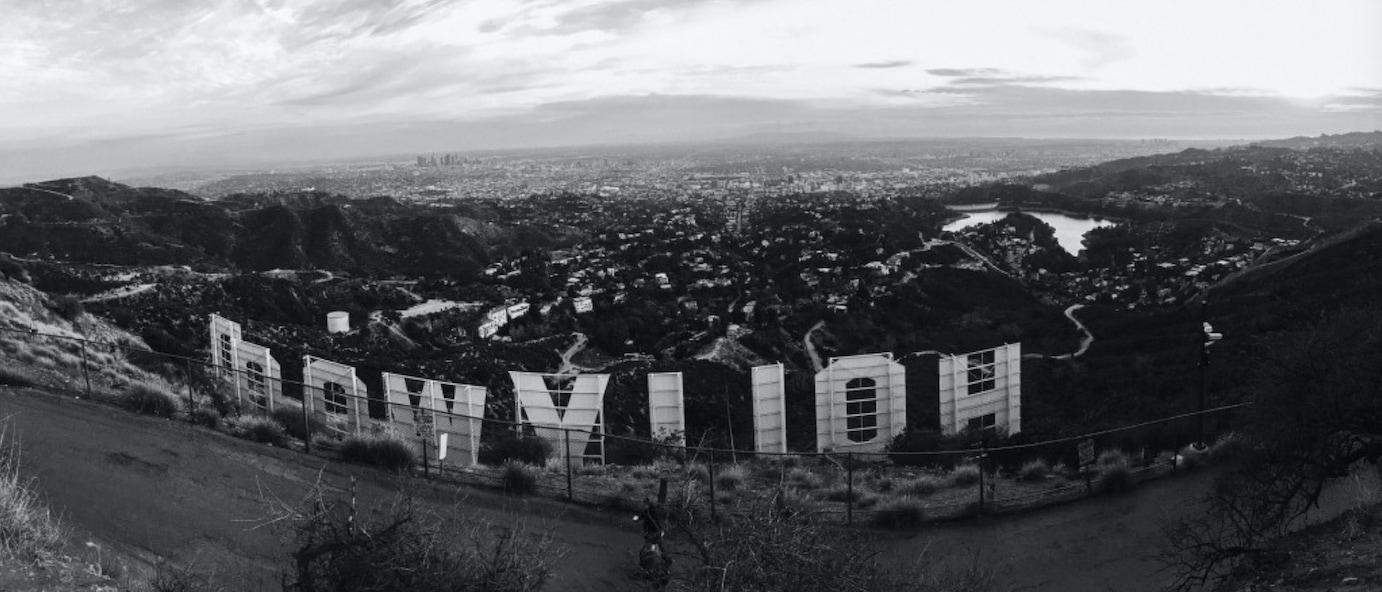
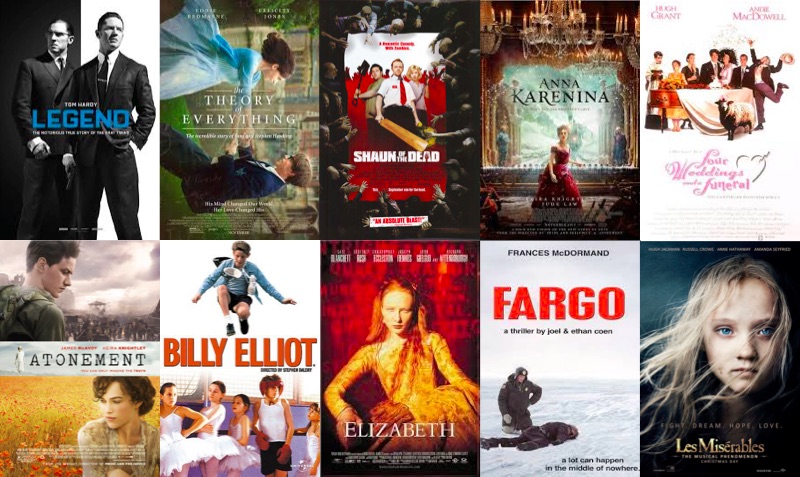
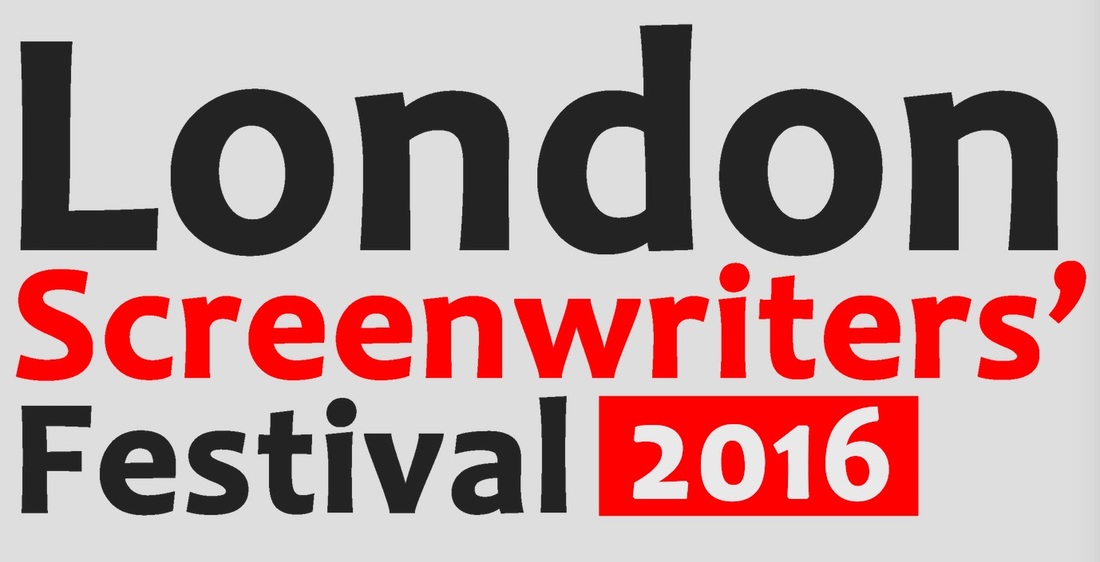
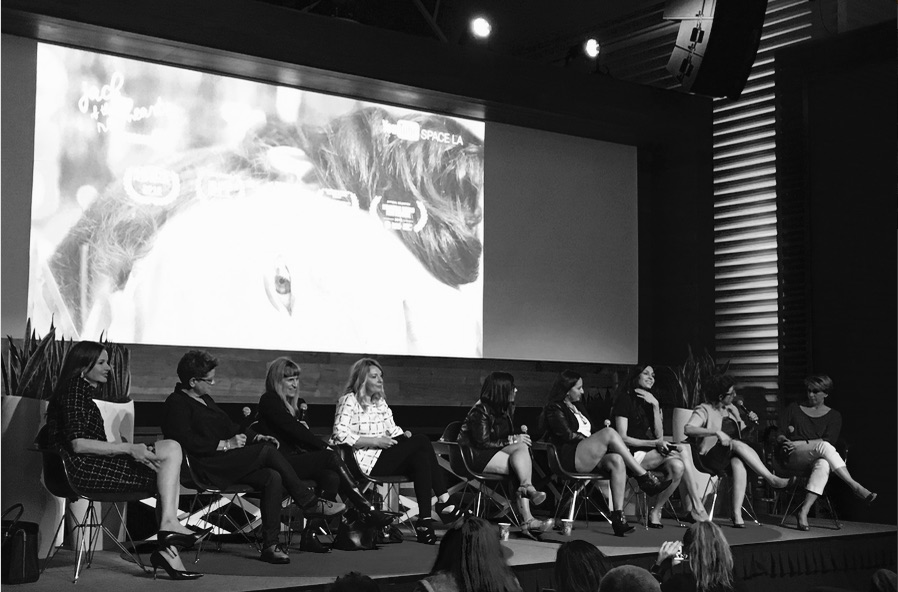
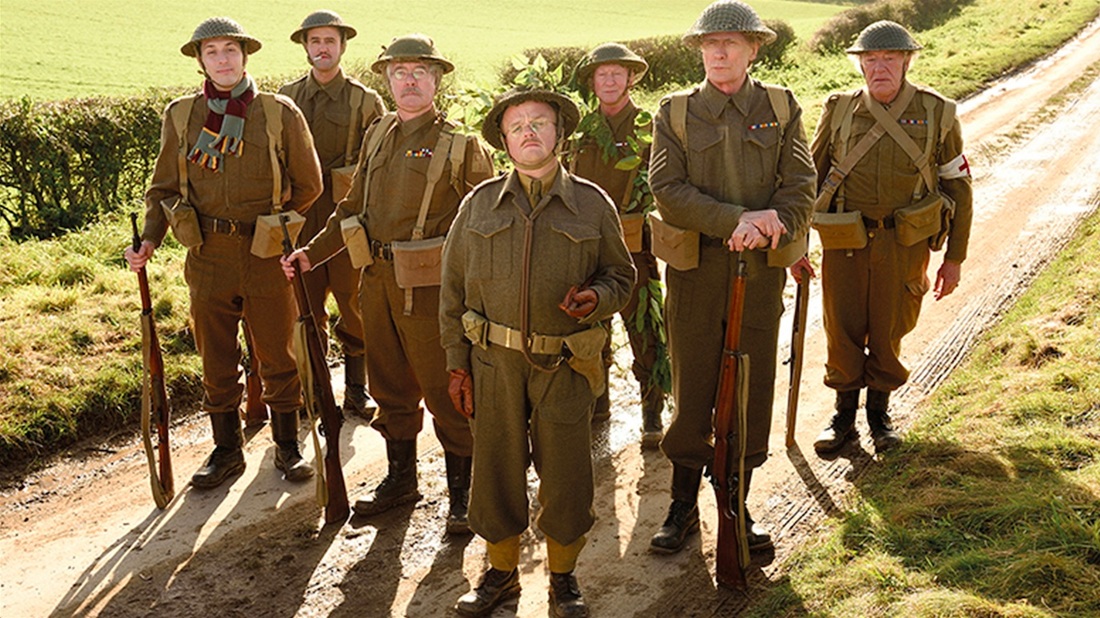
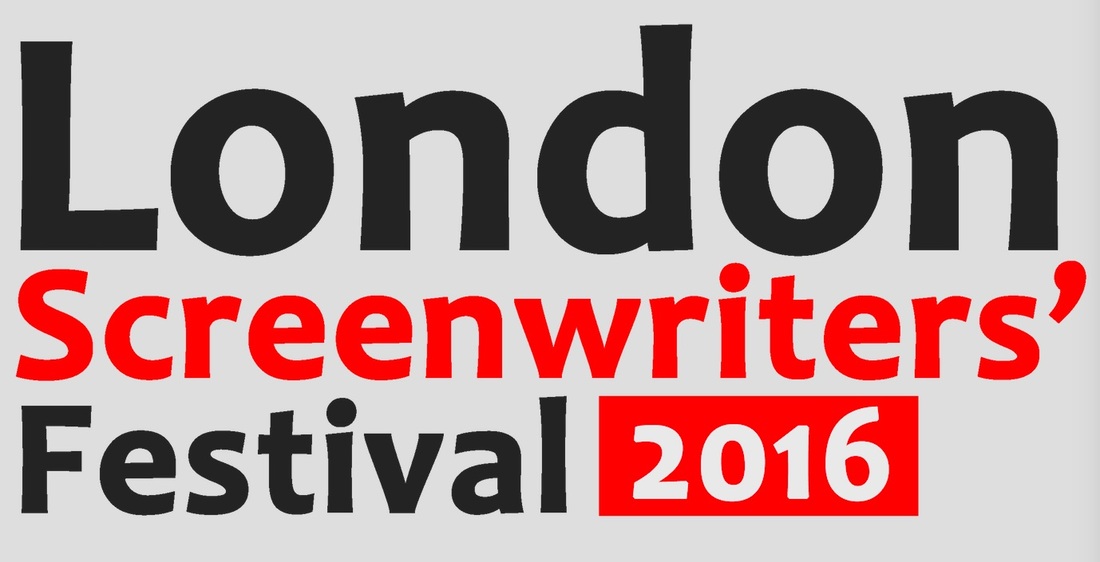
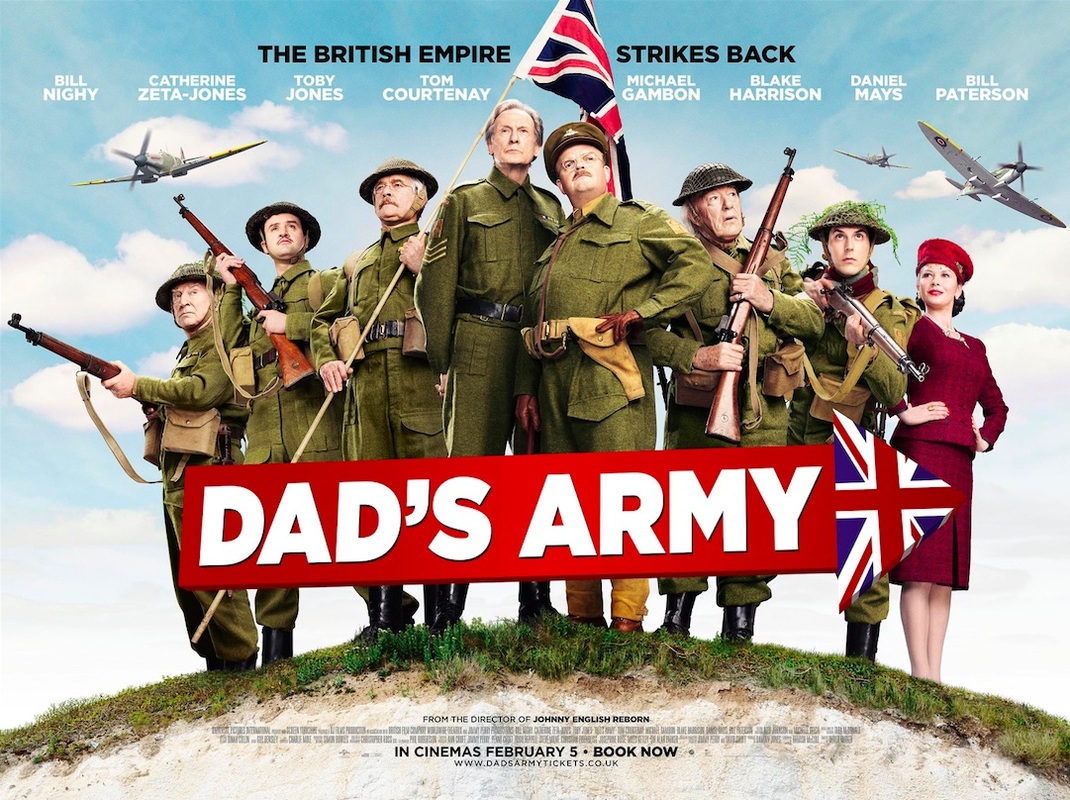
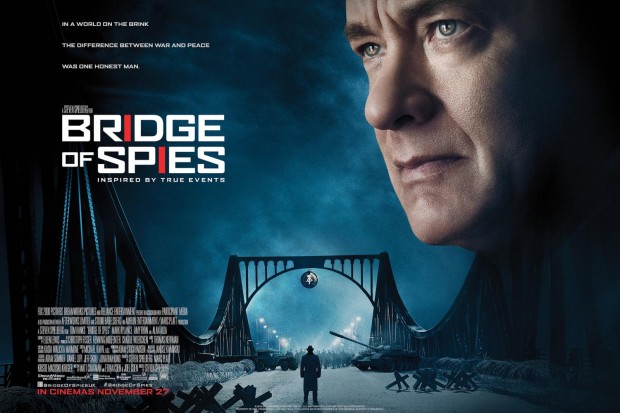
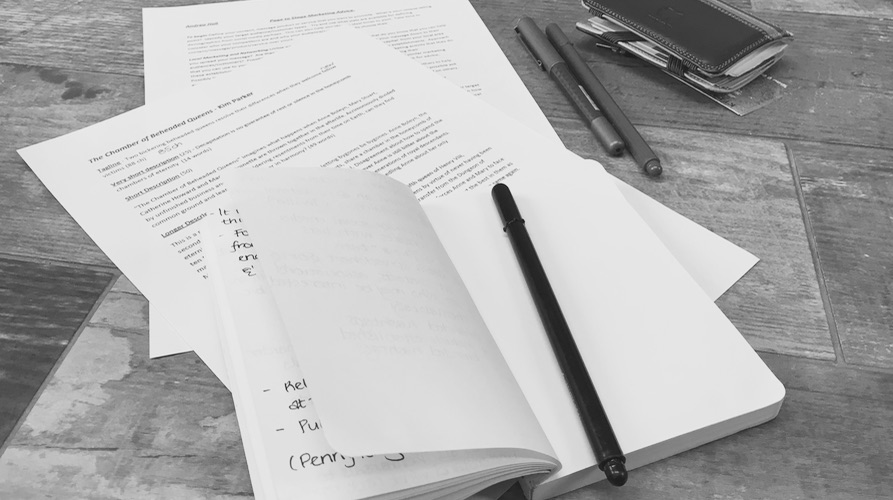

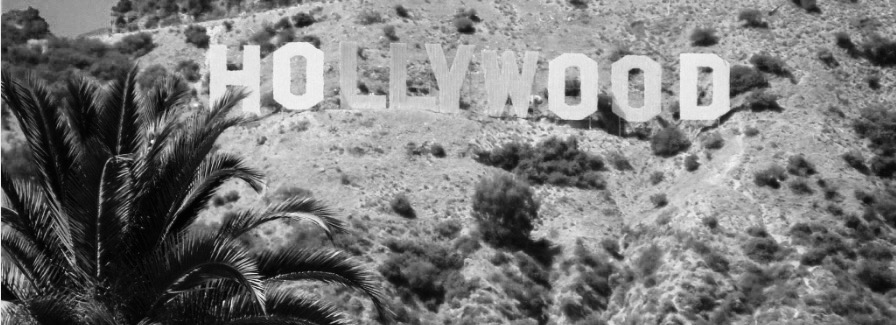
 Flux RSS
Flux RSS
